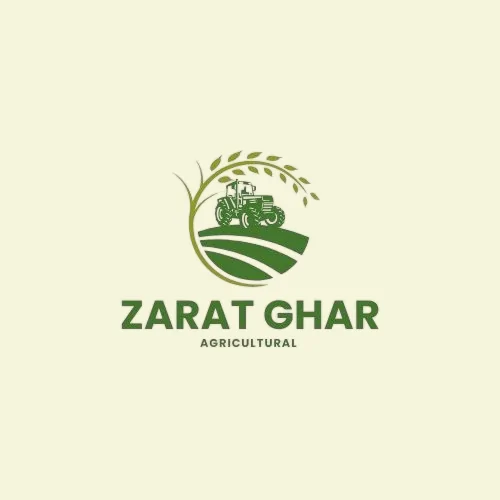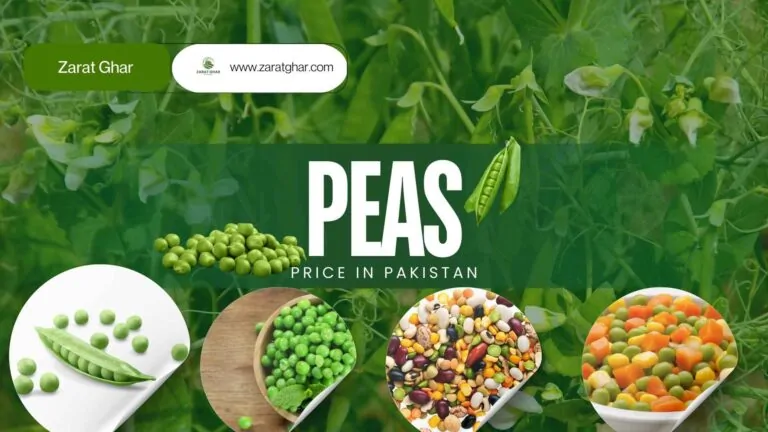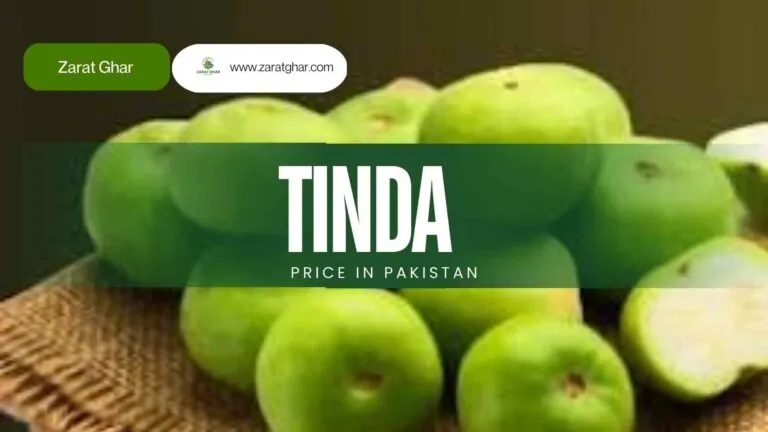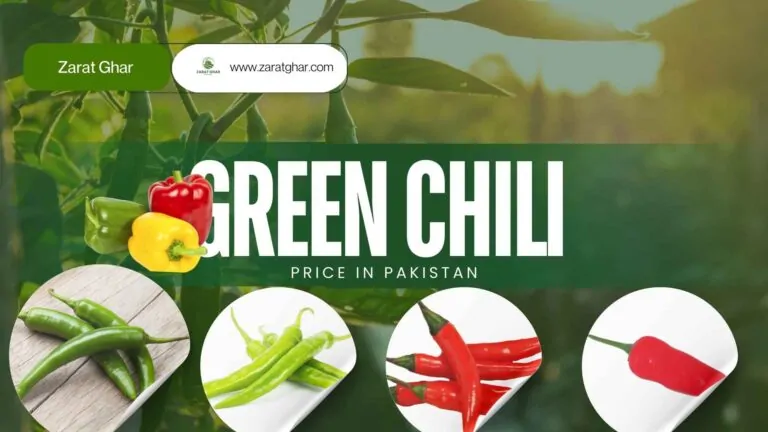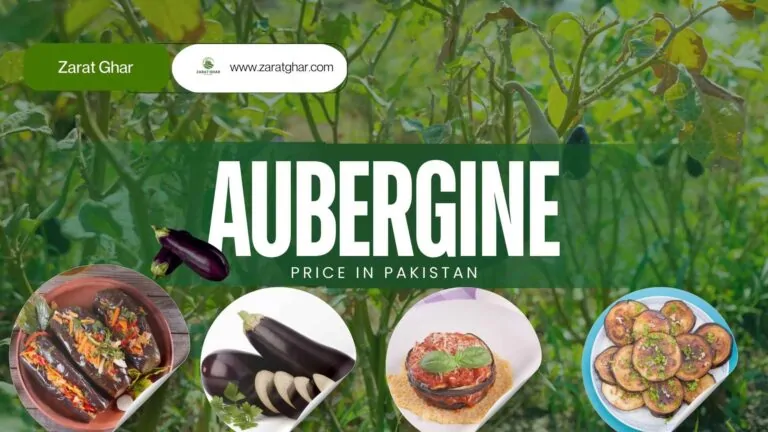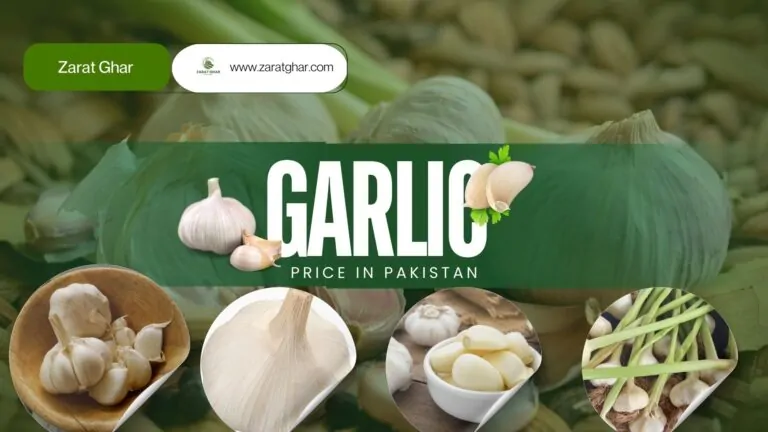Tomato Price Today in Pakistan | January 2026
The tomato price in Pakistan experienced a noticeable change. In tomato rate in Pakistan has increased significantly since January 2026. This is especially true in big cities such as Lahore and Karachi. In 1 kg tomato price in Pakistan today can vary from PKR 100 to PKR 400 depending on where you are and what time it is.
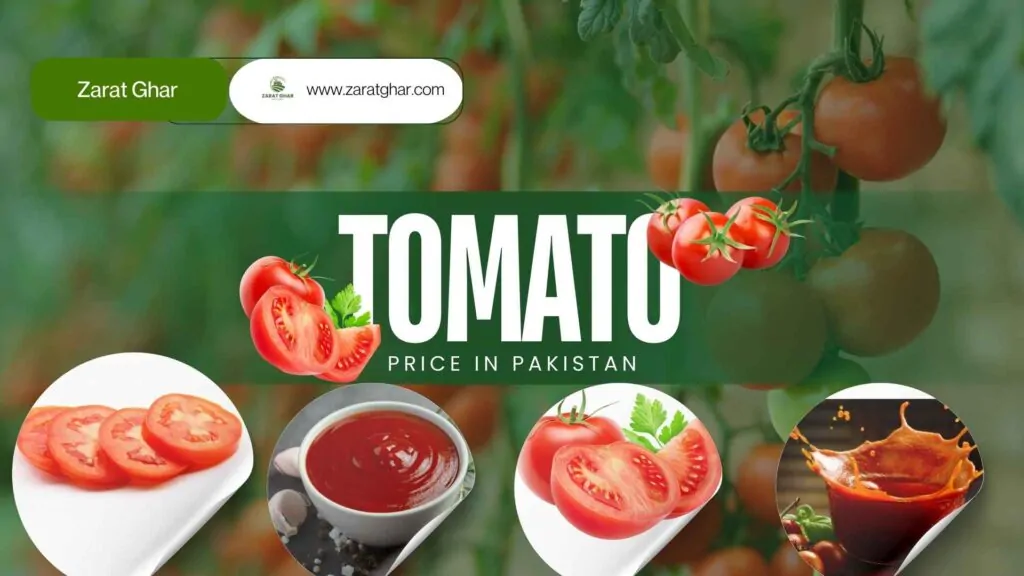
Tomatoes, especially in Pakistan where they are used in everyday cooking, are a must-have in every home. It’s important that we examine how prices have changed over time as we explore the tomato market, particularly with the changes in demand and supply. This article explores the tomato prices in Pakistan in January 2026 and provides insights into the factors that affect the price variations.
📊 Updated Tomato Price Table (10 kg) – Major Cities of Pakistan
| City | Price per kg (PKR) | Price per 10 kg (PKR) |
|---|---|---|
| Karachi | 80 | 800 |
| Lahore | 160 | 1,600 |
| Islamabad | 180 | 1,800 |
| Rawalpindi | 150 | 1,500 |
| Gujranwala | 140 | 1,400 |
| Peshawar | 120 | 1,200 |
| Faisalabad | 120 | 1,200 |
| Multan | 120 | 1,200 |
| Bahawalpur | 120 | 1,200 |
| Bannu | 110 | 1,100 |
| Sargodha | 100 | 1,000 |
| Sukkur | 100 | 1,000 |
| Quetta | 96 | 960 |
Tomato Price Trends in 2026
Due to regional variations, the tomato price today in Islamabad may differ from Rawalpindi. tomato prices in Rawalpindi are higher than Peshawar. tomato prices in Peshawar have been around PKR160 per kg.
Price Variations Based on Tomato Types
The tomato prices in Pakistan can also be affected by the different varieties of tomatoes. Cherry tomato price is more expensive per kg due to its smaller size. Cherry tomato prices in Pakistan are approximately PKR250 per kg. This reflects the higher demand for salads and gourmet foods.
Tomato Puree Price should also be monitored. Tomato Puree is usually sold at higher prices, particularly in supermarkets and specialty stores. tomato sauce price is also on the rise as demand for ready to use products continues to increase. tomato-ketchup prices have increased on average by 5-10% over the past few months.
Factors Affecting Tomato Prices
The tomato prices in Pakistan is affected by several factors, including
- Weather Conditions Seasonal changes, particularly during the tomato growing season, have a significant impact on the tomato price. Drought and excessive rain can cause the price to rise.
- Supply chain disruptions: Transportation issues, particularly during the monsoon seasons, can delay fresh tomato supplies to urban markets. This delays the supply and increases the tomato price per kg.
- Imports vs Local Production: Pakistan depends on both imports and local production to meet its tomato demand. The price of tomatoes in Pakistan is affected by the fluctuation of local production.
- Consumer demand: The continued demand for tomato-based products such as tomato sauce , tomato ketchup and tomato powder drives prices up. Tomato powder price depends on the demand for processed products in domestic and international markets.
- Seeds Availability: The price and availability of tomato seeds can also affect the cost of tomatoes. In 2026, tomatoes seeds price has increased slightly in Pakistan due to the increase in demand of hybrid varieties that tend to produce higher yields.
Outlook for Growing Season 2026
The tomato business in Pakistan is growing steadily and 2026 will be a great year for tomato growers. The tomato growing season in 2026 will see an increase in yield and quality thanks to the adoption and improvement of farming techniques. The price of tomatoes can still vary depending on the unpredictable climatic conditions.
There is a lot of potential to expand the tomato business in Pakistan, thanks to the increasing domestic demand as well as the export potential. Pakistani farmers work to improve tomato production methods, such as using genetically modified seed and pest control measures. price of tomatoes could stabilize over the next few years as these efforts continue.
Conclusion
tomato price in Pakistan has a lot of factors that affect it, including the climate, disruptions in supply chains, and consumer demand. The growing season in 2026 is approaching, and there’s hope that prices will be more stable due to better farming techniques. Consumers should be prepared for price fluctuations on the short-term.
In the future, it will be important for both consumers and business to keep an eye on tomato price trends. This is true locally as well as globally.
See Also;
- Tomato Price In Pakistan
- Cotton Rate in Pakistan
- 8171 Web Portal and the Ehsaas Program
- Wheat Price in Pakistan
- Fertilizer Price in Pakistan
